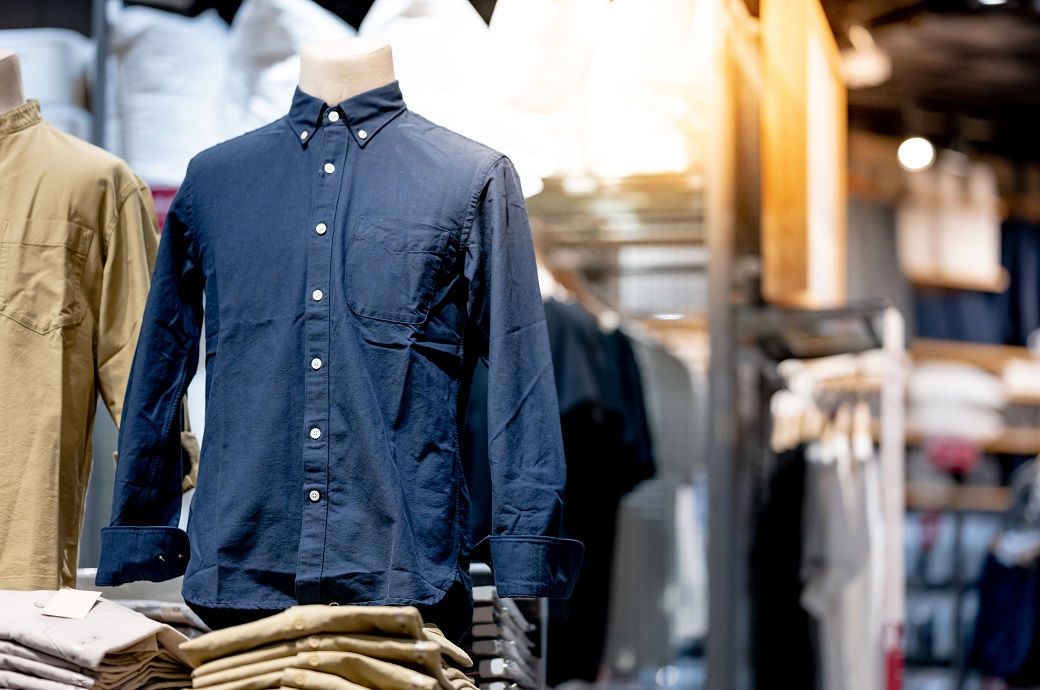
Suppliers in global supply chains are reporting improvements in the per cent of orders priced to cover everything the buyer is asking for, coupled with better on time payment records, but uneven progress by brands and retailers means many suppliers still struggle, as per the report.
“It’s a tough time to be doing business at the moment, with high inflation, global unrest and inventory piled up due to uncertain demand. On top of that, brands and retailers are still dealing with the after-effects of COVID-19, and the ongoing adjustments that they have had to make in its wake, and we understand that. So, kudos to our repeat subscribers for the hard work they are doing, and the improvements they have made,” said Better Buying’s president and co-founder, Dr Marsha Dickson.
Dickson described the improvements seen among repeat subscribers in payment and terms, and in cost and cost negotiation, which includes practices such as pricing to cover the full costs of production (up to 44.3 per cent in 2023 from 41.9 per cent in 2022), and the reduction in buyers’ use of high pressure negotiation strategies with suppliers, as ‘a nice surprise,’ but again cautioned that behind the average category scores lies a lot of variation with some subscribers performing above the average, and others performing below it. Overall, suppliers reported that payment terms have not improved since COVID-19, and while one repeat subscriber increased their score in cost and cost negotiation by a remarkable 18 points, for example, another saw their score fall by 10 points.
The largest overall decline was seen in planning and forecasting, a practice that is vital to supplier financial sustainability, while sourcing and order placement, which looks at whether supplier compliance to buyer codes of conduct is incentivised and how month-to-month order volume fluctuations impact suppliers and workers, received no stars at all for the third ratings cycle in a row.
For the 2023 ratings cycle, suppliers were asked a new question, about the extent to which their brand and retailer customers were offering them long-term, formal commitments for ongoing business.
Dickson added: “Suppliers were telling us how important these commitments were for their long-term sustainability, their ability to pay living wages, ensure good working conditions, reduce negative environmental impacts, and optimise production, so we wanted to know how common they were. Unfortunately, we found that far too few buyers are offering these commitments; 72.6 per cent of supplier ratings showed nothing but transactional orders or at most, formal commitments of less than a year’s duration. For real impact, suppliers need to start seeing commitments of three, or ideally five years’ duration.
“The declines we have seen this year in planning and forecasting, and in design and development, really hammer home why companies, even those that are already engaged with us, have to stay on top of this. Things can change a lot, even in a year. By checking in with suppliers every year, via Better Buying’s data collections, companies can avoid being blindsided by problems and risks which, had they been identified in time, could have been prevented, or mitigated, before they became critical.”
Fibre2Fashion News Desk (DP)